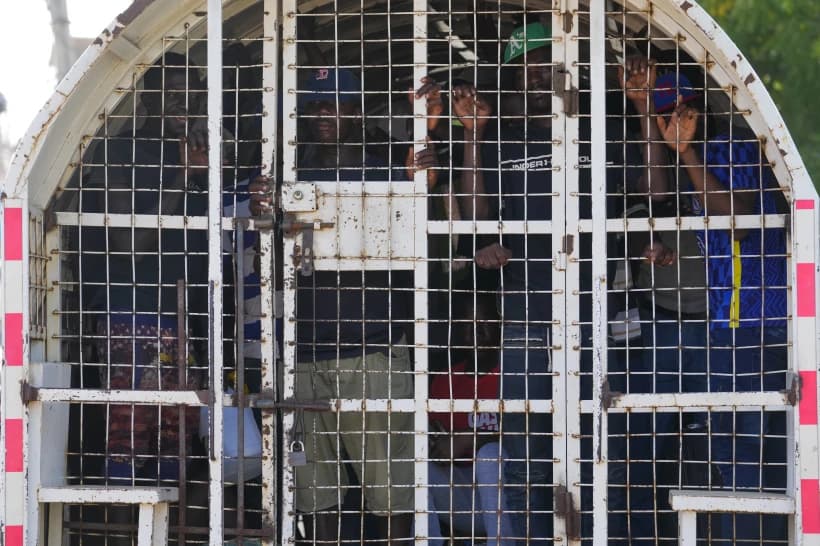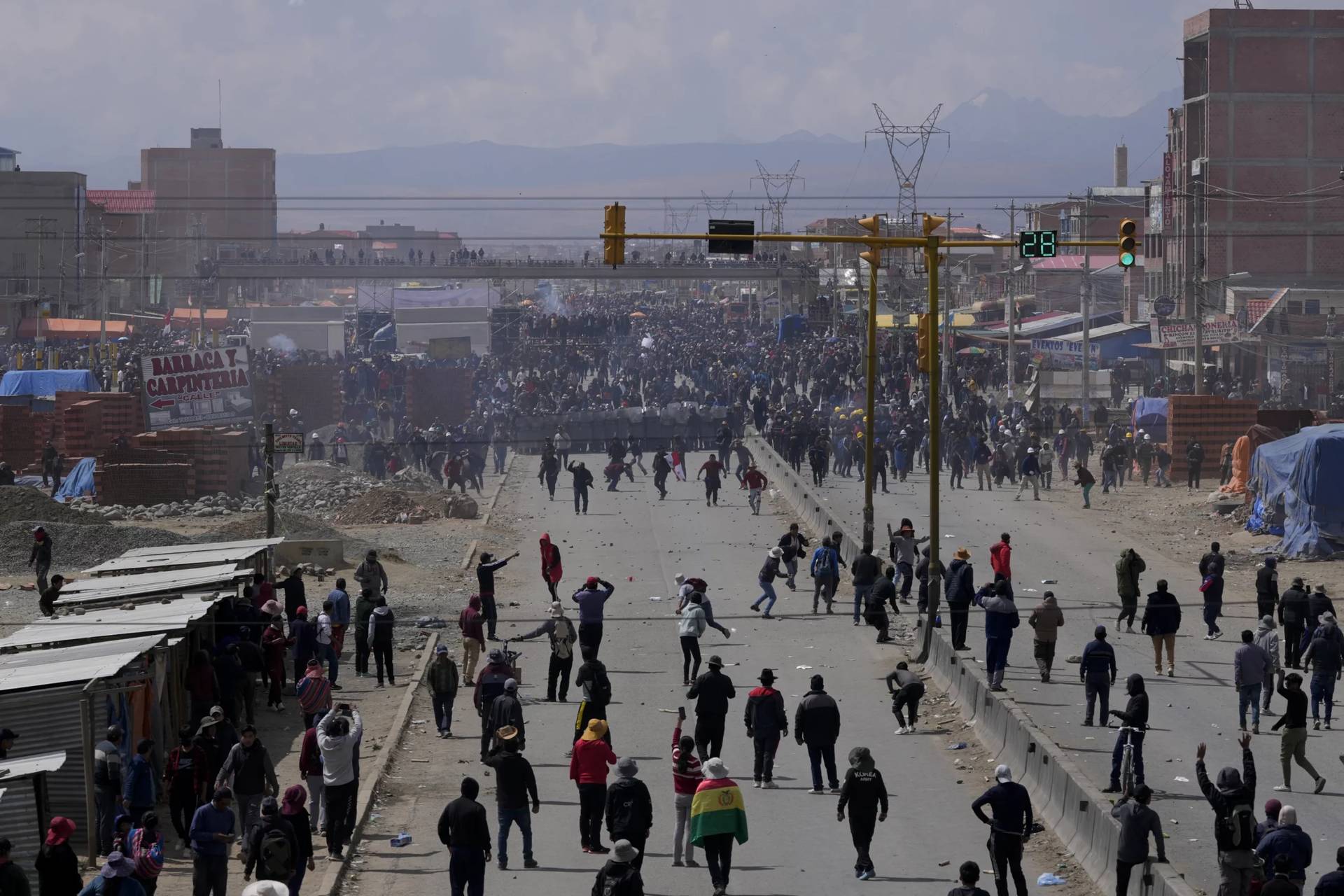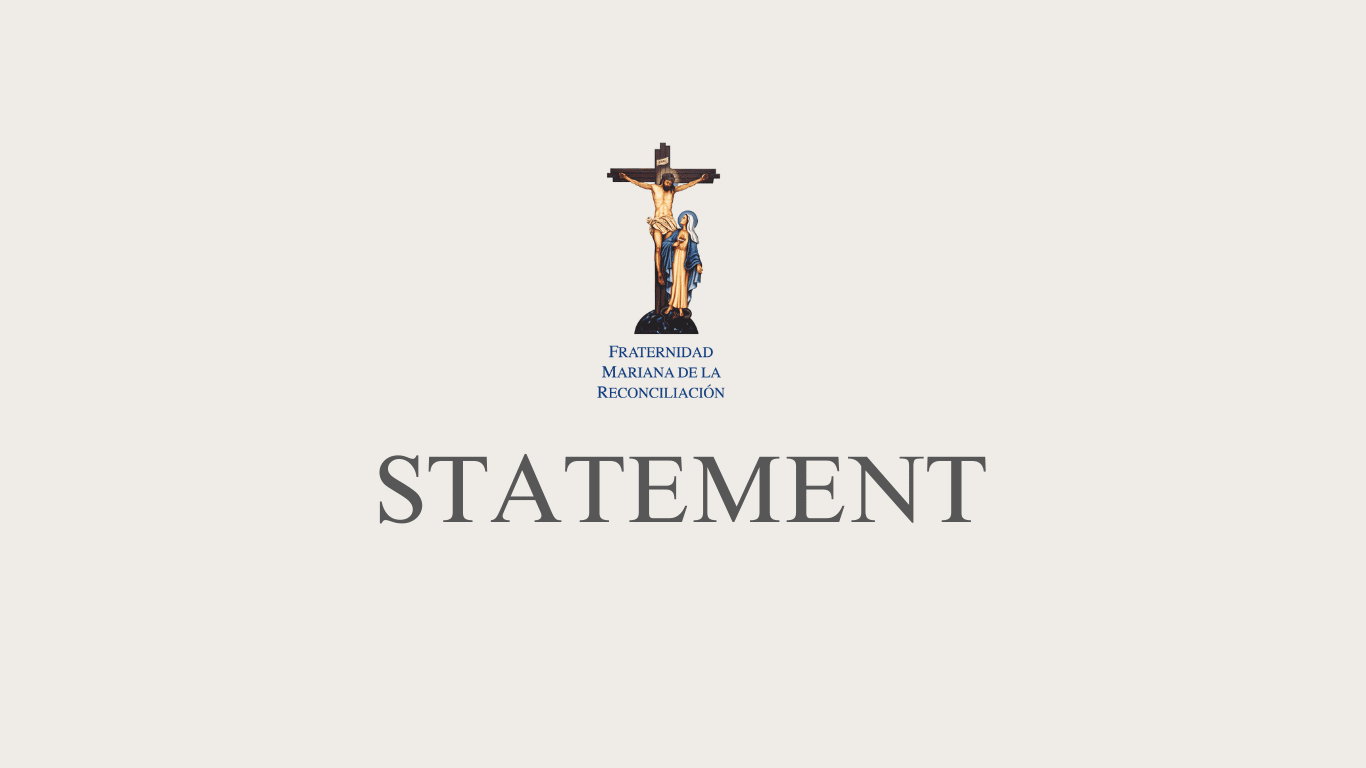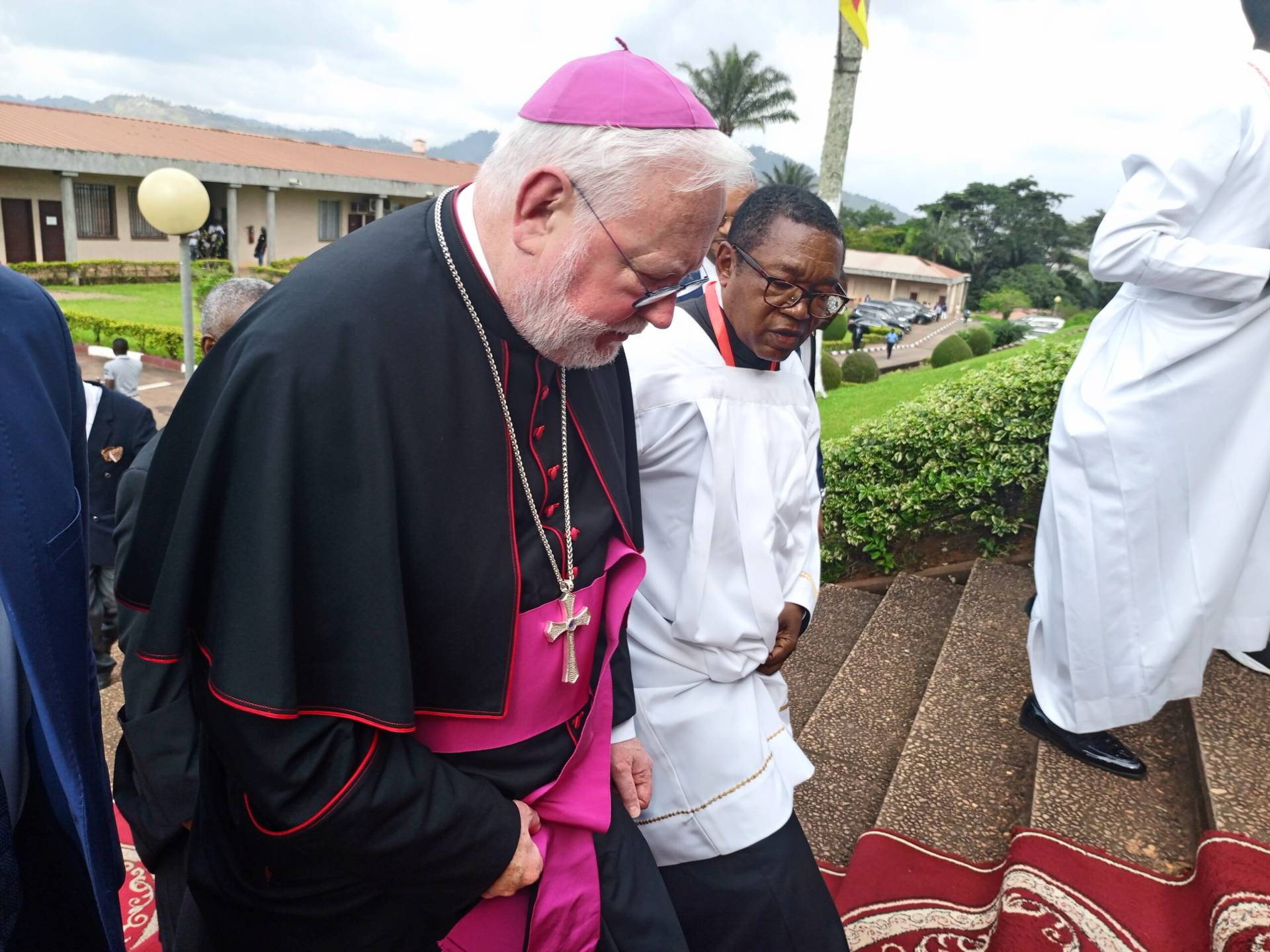SÃO PAULO, Brazil – Church organizations have been protesting the Dominican Republic’s decision to repatriate 10,000 undocumented Haitian refugees every week, a plan announced by President Luis Abinader on Oct. 2.
The Spanish-speaking Dominican Republic shares the island of Hispaniola with the French-speaking Haiti, and President Luis Abinader won re-election earlier this year by claiming strong opposition to Haitian refugees fleeing into the country.
According to Catholic activists who live and work on both sides of the border of Hispaniola Island, the way chosen by Abinader’s administration to handle the immigrant crisis has been further deteriorating the living conditions of hundreds of thousands of Haitians who live in the country.
The escalating humanitarian catastrophe in Haiti over the past months has led at least 700,000 people to leave their houses and move to other locations in the nation. Another 500,000 Haitians left their country and now live in the neighboring Dominican Republic, Scalabrinian Father Agler Cherizier told Crux.
“In order to justify the massive deportations, the government said they’re connected to the need to reinforce security and protect the borders and the Dominican citizens,” Cherizier said.
But no state in the world has a right to mistreat foreigners, he added.
“The life of each human being is sacred and inviolable. Border problems are solved through meetings and dialogue. The dignity and sacredness of the lives of Haitians must be respected,” Cherizier said.
The priest said that the policy of extraditions is fueled by hostility and discrimination against Haitians in the Dominican Republic. According to Scalabrinian Sister Eugenia Vásquez, a member of Fundación Ascala (Scalabrinian Association at the Service of Human Mobility) in the Dominican Republic, since Abinader announced his intent, persecution and hatred of Haitians has grown.
“This has a big impact in the lives of thousands of Haitian migrants. Their families’ lives are equally endangered,” she told Crux.
Ascala, which is part of the Latin American and Caribbean Church Network CLAMOR on Migration, Refugees and Human Trafficking, co-signed on Oct. 20 a letter criticizing the Dominican government’s measures.
The CLAMOR Network document alluded to the bureaucracy and corruption involved in the process of obtaining a Dominican ID, something that leaves thousands of immigrants without the possibility of having access to basic services, and the abuse and exploitation that undocumented immigrants face in their everyday lives.
“We appeal to the Dominican authorities to act with justice and humanity, as befits a supportive and Christian nation. As the Dominican bishops stated in their recent statement of October 8, 2024: ‘The Dominican Republic, as a Christian nation, must avoid painful situations affecting migrants, such as unfair treatment, arbitrary deportations and family separations’,” the letter read.
The signatories demand a revision of the goal of deporting 10,000 Haitians every week, arguing that many such immigrants and refugees are legally living in the Dominican Republic and only fail to provide documents when asked by the authorities, because a “ruined system” has kept them trapped.
CLAMOR Network concluded the letter by asking the Dominican authorities and the international community to work on solutions “based in justice, fraternity and respect of human rights.”
That is the most recent document in a series of letters about the crisis issued both by the Haitian and by the Dominican Church over the past weeks.
“I think the other Latin American countries, as well as the United States, should require the Dominican Republic to put an end to those dehumanizing restrictive measures. The government should follow the laws concerning migratory issues,” Vásquez said.
In the nun’s opinion, Abinader’s administration just doesn’t want Haitian immigrants to get into the Dominican Republic.
“It’s not about a struggle to extradite undocumented Haitians and keep the ones with a regular situation. They don’t want any Haitian and don’t give them any chance to become regular,” she said.
Abdias Chancy, a Haitian-born community leader in the Dominican Republic, told Crux he feels the country is closed for people from Haiti now.
“The government is not issuing visas for Haitians anymore. Despite that, the migrants keep coming through a dangerous route across the mountains,” he said.
Chancy has been living in the Dominican Republic since 2009. He has experienced several situations of violation of immigrants’ human rights over the years.
“Once, I saw Haitians being put inside of a truck, which would take them to the border. There were even pregnant women in that group. The officers negotiated with them: If they were paid large sums of money, they would release the person,” he said.
Black people have been indiscriminately detained by the police on the streets, Chancy added.
“I tell my fellow countrymen to always have their documents on them when they’re on the street. But for Blacks it doesn’t matter much. Blacks are thrown in trucks and sent to the border, no matter if they have papers or not,” he said.
Chancy said he frequently helps Haitians to get new documents when they expire. He tells his countrymen to always carry a phone number with them – so they can call that person and tell the news on their deportation, if the time comes.
“Human rights are not respected here. And the worst situation is that there’s no institution to complain about that,” he said.

















